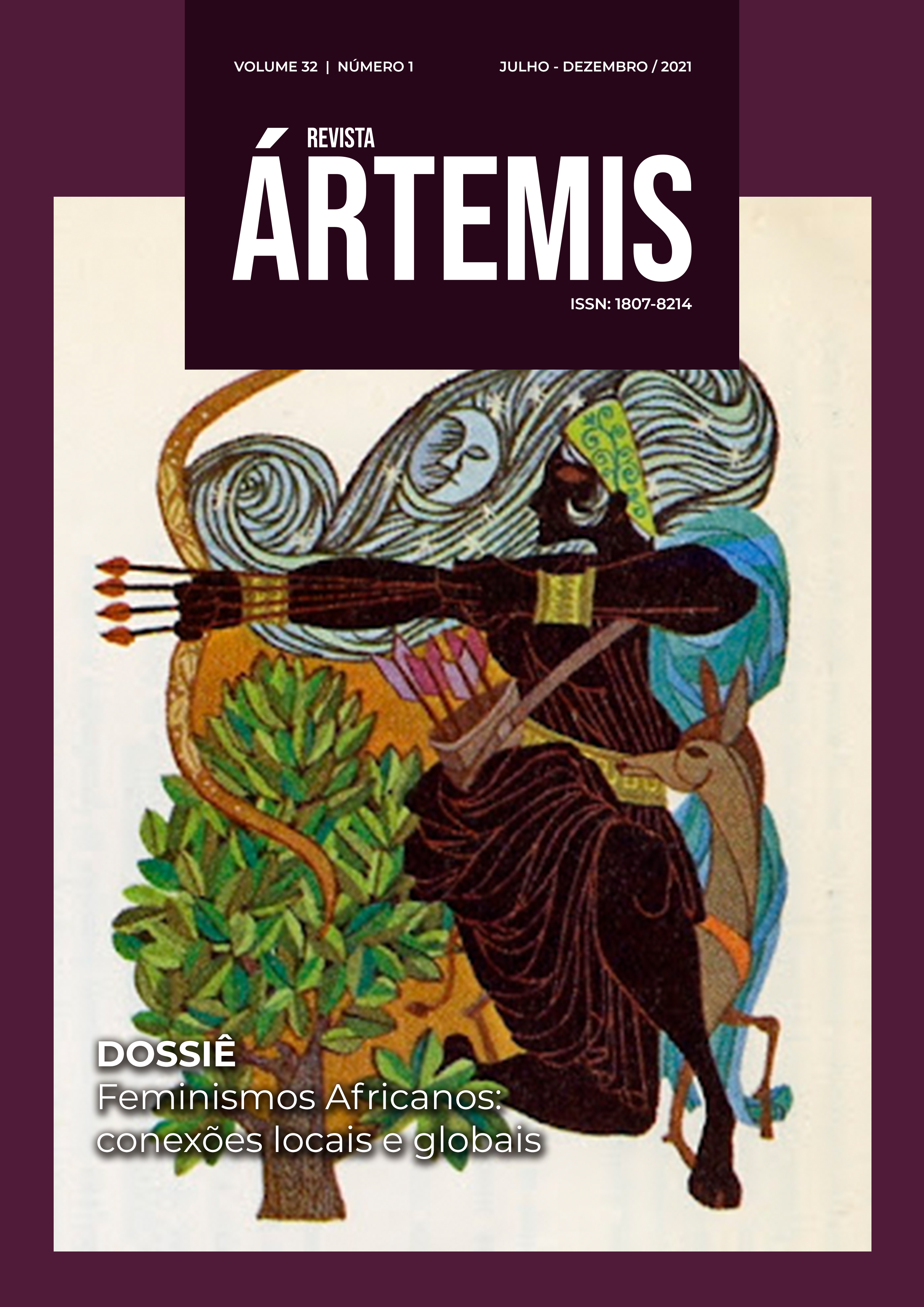Violência doméstica em tempos de isolamento social: uma interpretação das estatísticas criminais
Abstract
By the end of 2019, the world was plagued by a respiratory disease which the World Health Organization named Coronavirus disease 19 (COVID-19), caused by SARS-CoV-2 (severe acute respiratory syndrome coronavirus 2). With the spreading of the disease, there is an increase on the report of the cases of domestic violence as a result of people’s confinement at home, increasing the interaction between victim and perpetrator.This paper analysis the statistics of victims of domestic violence assisted by the Police Unity for the Attendance of Family and Children Victims of Violence, known by Gabinetes de Atendimento, in Maputo Province and City, prior the Declaration of the State of Emergency (DSE), March 2020 and April 2019 and, after the DSE, April to June 2020, during the COVID-19 pandemic. The statistical analysis aims to understand the incidence of domestic violence and its relationship with social isolation, and social distance. The comparison of the cases assisted between April 2019 and April 2020 reveals that there was an increase in 94.4% in the monthly reported cases of domestic violence in Maputo city, and 4.6% in Maputo province. The permanent contact between the victim and perpetrator influenced the incidence of domestic violence during social isolation, and social distance, making home a place of physical, psychological and sexual violence. The establishment and dissemination of reporting telephone numbers, during the COVID-19 pandemic shows the police commitment in offering alternatives, other than face-to-face report. However, there are no substantial evidences of telephone reports. The theory of human needs of Maslow appears to be appropriate to explain the rise of domestic violence during COVID-19 pandemic since the pandemic carry with economic and social imbalance with significant impact in the satisfaction of the human needs stated in Maslow’s pyramid of needs.
Keywords: COVID-19. State of emergency. Crime statistics. Social isolation. Domestic violence.







